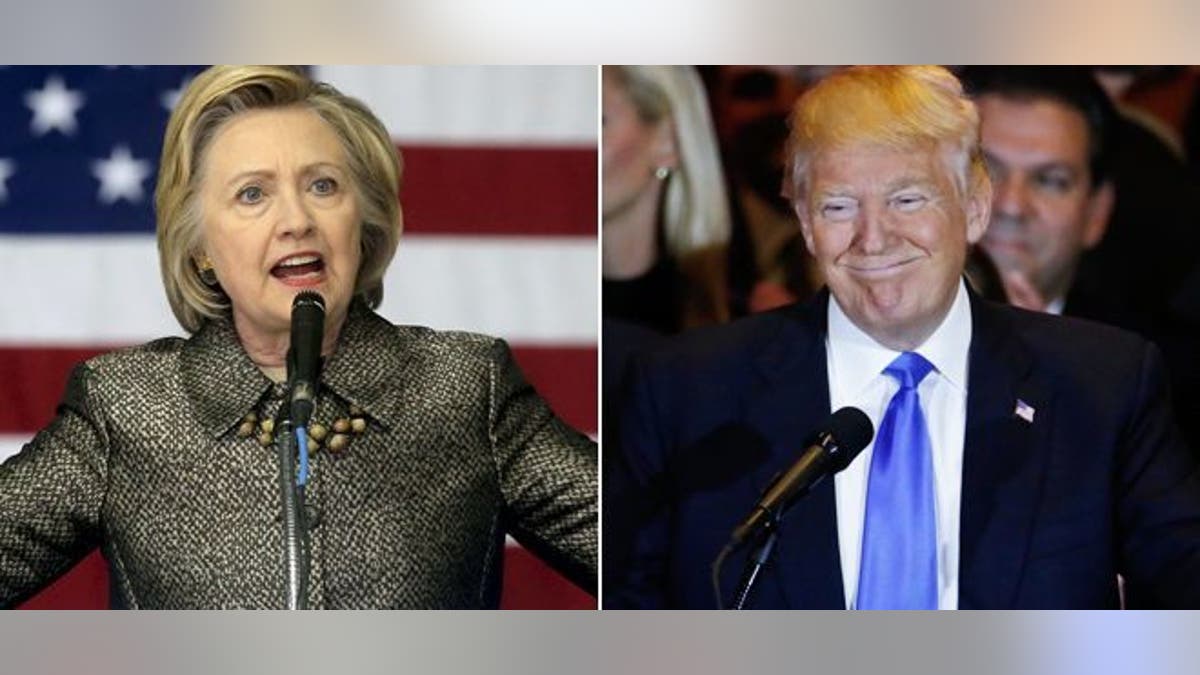
On Monday, Hillary Clinton and Donald Trump will go toe-to-toe in the first of three much anticipated presidential debates. The tenor of the presidential campaigns has added a very personalized dimension to the race. It will likely be among one of the most watched presidential debates in history. But sadly, there are certain things that we know about the debate even before moderator Lester Holt asks the first question.
First, we know that both sides will claim victory over the other. It is not politically feasible to concede defeat to an opposing candidate – no matter how lackluster the performance. After the debate, thirty-second clips will be played on a virtual loop among the cable news networks as partisan surrogates spin their victory narratives of the debate.
Second, we know the candidates will largely stick to their scripts. Blowhard Trump will make bold and unsubstantiated statements assuring his presidency will turn everything he touches into gold. Meanwhile, condescending Clinton will roll her eyes and smugly lecture about how her extensive experience as a public servant has best prepared her to be president. Each will be loaded with canned sound bites and attacks against their opponent.
Third, we know that the debate will not change anyone’s mind. There is much hype given to presidential debates; yet ironically, they do not tend to have a major impact on the outcome of an election. Political scientists have studied numerous presidential debates, and research has consistently shown them not to have any significant influence on the outcome of the election.
Finally, we know that it is unlikely viewers will have a deeper understanding of the candidates’ positions after watching the debate. Modern style presidential debates are staged in a highly structured manner. Candidates have strict time limits and rules on rebuttal that are hardly conducive to explaining detailed policies. Although the non-partisan Commission on Presidential Debates takes the lead in organizing the debates, ultimately the candidates and their team must negotiate the final details. The major goal of a candidate is simply to avert an embarrassing gaffe.
Don’t the American people deserve better?
Fans of the popular drama, "The West Wing," will remember the classic fictional presidential debate between Matt Santos (played by Jimmy Smits) and Arnold Vinick (played by Alan Alda) in 2005. In a special live broadcast, viewers were treated to the best-scripted “unscripted” debate. Minutes after entering the debate stage, the candidates made an impromptu decision to throw out the rules and engage in a refreshingly open debate.
Obviously, the stakes are simply too high for any major presidential candidate to engage in a candid political discussion with their opponent in front of millions of viewers. Such a thing could only happen in Hollywood.
But that is unfortunate. Debates – at least in theory – should be enlightening and persuasive. They should present evidence to support one’s position, and they should provide clarity on a candidate’s position. Modern day presidential debates fall short of this goal. In fact, presidential debates have become pawns of presidential campaigns to rally their supporters.
Instead of the modern-style debates, which have become a bit of a misnomer, maybe it is time that candidates do something more useful for prospective voters: educate them.
Each candidate should be given a white board, a marker, ten minutes, and a topic. Show the electorate in ten uninterrupted minutes how the candidate will tackle the federal debt, stimulate the economy, or defeat ISIS. After ten minutes, a moderator can point out inconsistencies or ask follow up questions and then move on to the next topic. Limit each forum to three topics.
Understandably, if the blood sport (a.k.a. candidate exchange) is taken out of the debate viewers might not tune in. So save that portion of the show until the last thirty minutes. Before viewers get to the grand finale, they will be exposed to more substantive positions of the candidates and may learn a thing or two.
But alas, the debate format is already set, and our expectations for Monday’s debate should remain low. After “crooked” Hillary and “bigoted” Trump duke it out, the electorate may be entertained but none the wiser.
